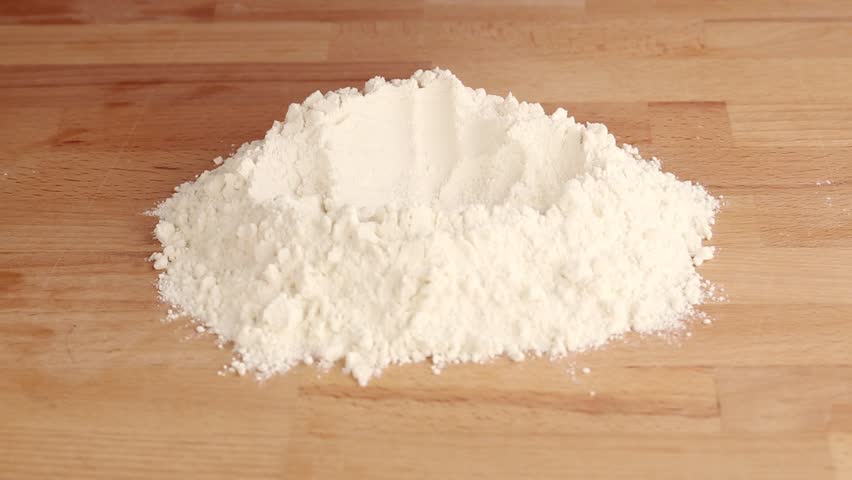Contents:
- Medical Video: DON’T EAT STEVIA UNTIL YOU’VE WATCHED THIS | keto | low carb | banting | Stevia in the raw |
- What is maltodextrin?
- What are the benefits of maltodextrin?
- Is maltodextrin useful or risky for health?
- Maltodextrin has a high glycemic index
- Maltodextrin can harm intestinal health
- Maltodextrin is also associated with a number of health problems
Medical Video: DON’T EAT STEVIA UNTIL YOU’VE WATCHED THIS | keto | low carb | banting | Stevia in the raw |
You may have seen maltodextrin as an ingredient in packaged foods, such as yogurt, candy, instant pudding, artificial sweeteners / sugar, and so on. Yes, the benefits of maltodextrin are very much in the manufacture of food, generally as a thickener to increase the volume of food and as a preservative. But, do you know what maltodextrin really is?
What is maltodextrin?
You can find Maltodextrin in white powder like flour but finer. This white powder is made from corn flour, rice, potato flour, or wheat. First, the flour is cooked with water, and then added with acid or an enzyme that will break down the flour. Furthermore, maltodextrin is filtered and dried.
As a result, water-soluble white powder is formed and has a neutral taste. Maltodextrin has a slightly sweet taste, but the sugar content is less than corn syrup. Maltodextrin contains less than 20% sugar.
What are the benefits of maltodextrin?
The benefits of maltodextrin appear to be more for food products than for health. Maltodextrin is commonly used to improve the texture of food and as a preservative. Not only that, maltodextrin can also be a thickener, binding agent, and to improve the taste of food. When combined with artificial sweeteners, maltodextrin is useful for sweetening food products, such as canned fruit and powder drinks.
Maltodextrin is also widely added in sports drinks as a source of carbohydrates. Because it is easily digested and absorbed by the body, maltodextrin can help athletes maintain energy longer and help recovery after exercise.
Is maltodextrin useful or risky for health?
Maltodextrin contains sugar or carbohydrates, so it can be your energy source. One teaspoon of maltodextrin contains 12 calories, 3.8 grams of carbohydrates. Please note that maltodekstrim contains almost no vitamins and minerals so, consumption of maltodextrin that is too often certainly not good for health because it can cause weight gain and insufficient vitamin and mineral needs
Maltodextrin has a high glycemic index
Maltodextrin has a higher glycemic index than sugar, around 106-136. This causes maltodextrin to increase blood sugar levels very quickly so consumption of large amounts of maltodextrin can be dangerous for those of you who have diabetes or you who have diabetes. Foods with a high glycemic index can also increase the risk of obesity and heart disease.
Maltodextrin can harm intestinal health
A study published in the 2012 journal Plos One found that maltodextrin can change the composition of intestinal bacteria, so you are more susceptible to disease.
Consumption of large amounts of maltodextrin can reduce the growth of good bacteria (probiotics) in the intestine and increase the growth of bad bacteria, such as E. coli. In fact, probiotics in the intestine can boost the immune system. According to several studies, various types of bacteria in the intestine are related to the immune system, regulation of body weight, blood sugar, and food metabolism.
Maltodextrin is also associated with a number of health problems
Maltodextrin can cause certain people to experience health problems after consuming it, even though there are no studies linking this. Some disorders that can arise after consuming maltodextrin are abdominal pain, flatulence, diarrhea, vomiting, rash, and asthma.
If you experience the disorder after eating foods containing maltodextrin, you should not continue. You might have to avoid it.












